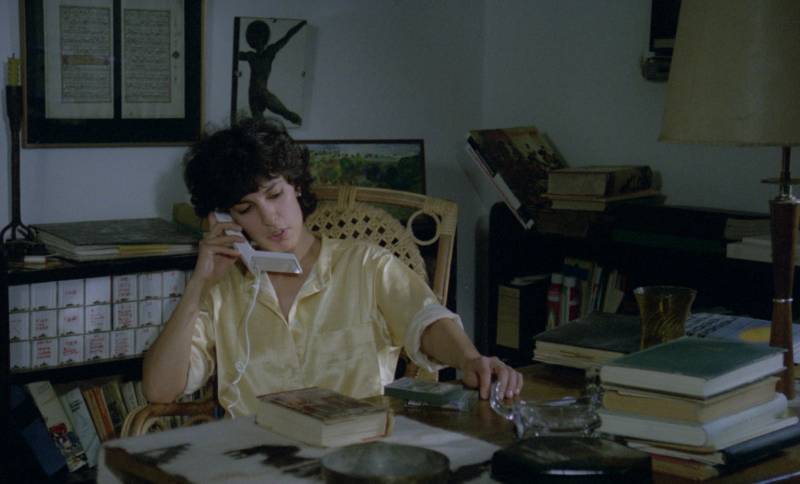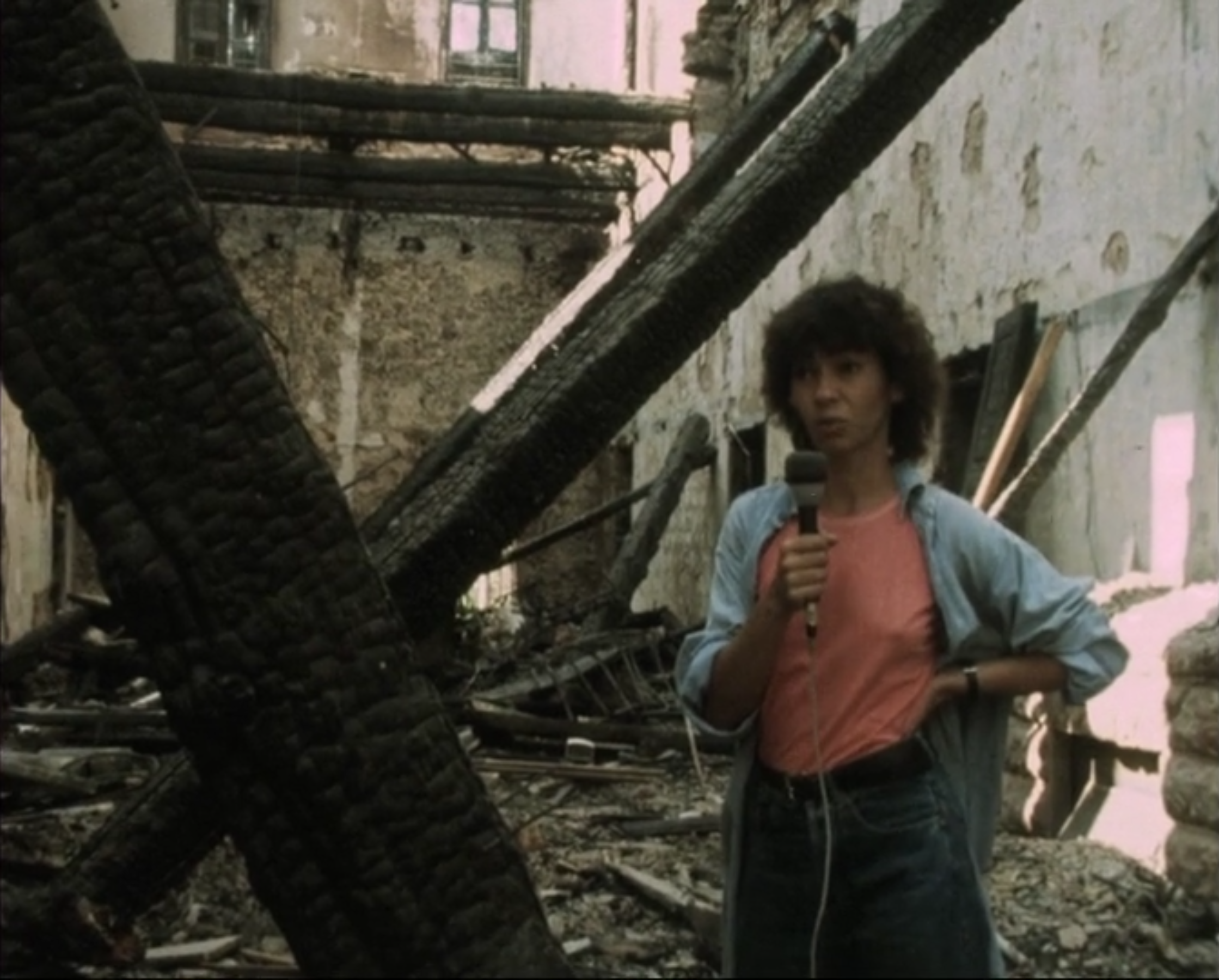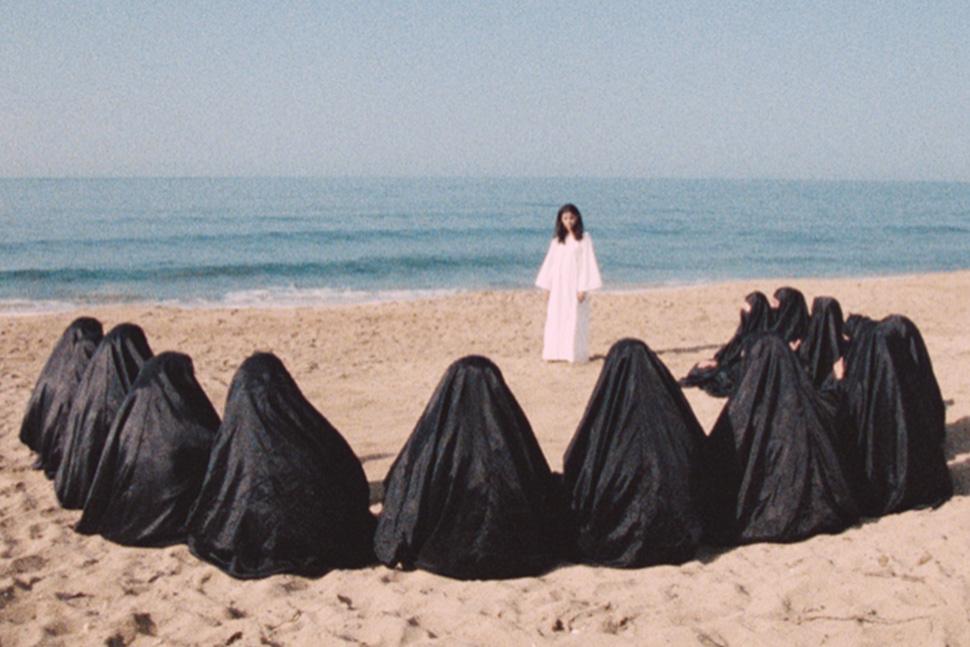In the midst of the Lebanese Civil War, filmmakers Borhane Alaouié, Jocelyne Saab and Heiny Srour turned their cameras to both the large-scale destruction and small moments of beauty that surrounded them. Their work was an extension of their political activism, which connected them to people and movements across the pan-Arab world. In atmospheric documentaries and inventive narrative films centered on Beirut, these filmmakers depicted the senselessness of war and how ordinary people — especially women and children — bear the brunt of conflict.
Timed to fit within the larger program of the Arab Film Festival (running both virtually and at Bay Area theaters Nov. 10–20), “The New Lebanese Cinema of the 1970s and 1980s,” screens five newly restored films at the Berkeley Art Museum and Pacific Film Archive between Nov. 10 and 17.





